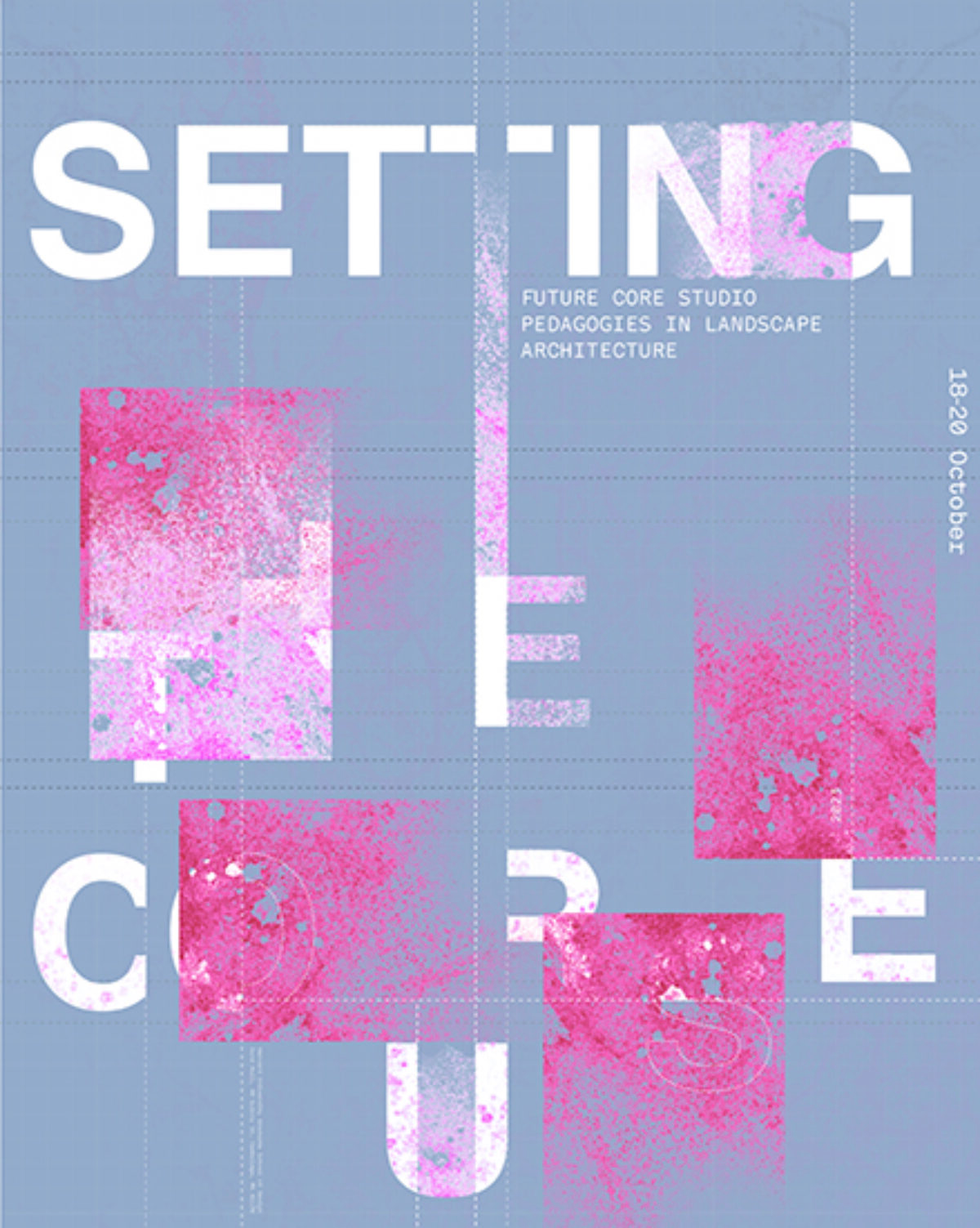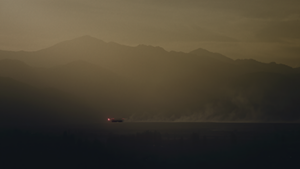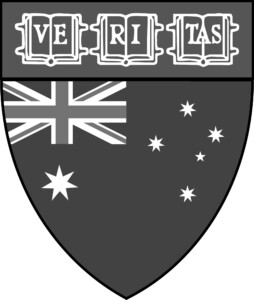Setting the Course: Future Core Studio Pedagogies in Landscape Architecture

Event Description
In acknowledgment of protests at Harvard in response to the war between Israel and Hamas and the Palestinian and Israeli civilians who have been killed or displaced as a result, the symposium’s organizers have decided to pause tonight’s portion of the program. Session 4, which was originally set to begin at 6:30 PM tonight, has been canceled.
A climate change consciousness, including its inherent crisis of inequities, has slowly infiltrated landscape architecture academic programs. Consequently, this ‘consciousness’ has catalyzed a shift in the teaching and learning agendas beyond pondering only the potential impact of the scientific facts of sea level rise, and extreme weather events. This general awareness has helped catalyze a redesign of design studio pedagogies to purposefully take responsibility for educating students on alternative approaches to future landscapes. These advances are valuable yet remain limited. The imperative now is to set in motion a grounded transformation. This transformation must involve a profound reconfiguration of, and innovation in, discrete knowledge systems within the design studio curriculum that must include a rigorous reconsideration of projects and their delivery, encompassing approaches, techniques, and fields of knowledge. This may very well also include discussions around a need to transform the design studio environment itself, and the institutions that house them.
Landscape Architecture and the expanded spatial disciplines are influenced and shaped by the insatiable consumption effects of market economies, environmental violence, and colonialist practices. As a consequence of its intersection with these significant societal issues that are key contributors to the climate crisis, the way Landscape Architecture is taught, particularly in the design studio setting, must itself adapt so that it might become a discipline centered on the future of design and world-building. To meet and make a just and equitable future, a reckoning and re-imagining of the landscape architecture design studio is needed.
The symposium will bring together educators and students of landscape architecture and its related disciplines to collectively explore the many forms of knowledge production critical to landscape architecture’s pedagogy and practice. The forms we seek will challenge patriarchal modes of learning, clearing a path to actively address historical injustices, and endeavor to prevent any future harm to humans, more-than-humans, and the planet. The aspiration is to share and explore new, emerging, and alternative modes of learning and teaching that reckon with the past, and wrestle with the unique complexities of the climate crisis, so that the discipline’s inherent capacity to impact and shape the future is defined and corroborated.
Significant developments have been made to the GSD MLA core studio courses over time in response to the ever-changing contextual conditions of the landscape architecture discipline. The most recent public discussion about Design Pedagogy in Landscape Architecture was last held at the GSD in the early 1990s. This coincided with a later publication commissioned by department chair George Hargreaves, ‘The Coalescing of Different Forces and Ideas: A History of Landscape Architecture at Harvard, 1900-1999′. The book acknowledged 100 years of the Landscape Architecture program at the Harvard University Graduate School of Design, celebrating the origins of the program, and the lineage of its influence and development. Expanding upon this comprehensive narrative, the symposium, “Setting the Course: Future Core Studio Pedagogies in Landscape Architecture” aspires to recognize the discipline’s historical development, and to rigorously consider future possibilities for responsive and adaptive pedagogical models.
Schedule
Wednesday, October 18, 2023, 6:30 PM
Piper Auditorium

The symposium will begin with a Land Acknowledgement Ceremony and an introduction by Gary Hilderbrand, Chair of the Department of Landscape Architecture at the GSD. Immediately following will be a screening and performance of works by Liam Young.
Malkit Shoshan, Rosalea Monacella, Sonia Sobrino Ralston, and a group of MLA students will act as respondents.
 The screening is supported by the Chair of the Committee of Australian Studies at Harvard.
The screening is supported by the Chair of the Committee of Australian Studies at Harvard.
Thursday, October 19, 2023
Session 1: 9:30 AM to 12.00 PM EST
Loeb Library
In this student-led session, Issam Azzam, Sophie Weston Chien, Sakiko Isomichi, Flora Klein, G Laster, Melanie Louterbach, Andrew O Murchu, Dafne Saint-Hilaire, Tom Sterling, and Junye Zhong will lead break-out groups addressing the topic of “What is Left Behind” in the core studio sequence. Pairs will lead a discussion around five questions to open discussion: What does it mean to talk about STEM? What is the role of fieldwork and research methodologies? What is a person’s embodied experience or identity in relation to the curriculum? What practices and tools could landscape students mobilize in the service of communities, organizers and activists? What is the role of representation, narrative, and critique? The objective of this conversation is to envision how science, fieldwork, site analysis, identity, experience, practice, representation, and critique can assume more substantial roles in core studio design pedagogy.
Student-led session: Issam Azzam, Sophie Weston Chien, Sakiko Isomichi, Flora Klein, G Laster, Melanie Louterbach, Andrew O Murchu, Dafne Saint-Hilaire, Tom Sterling, and Junye Zhong
Chair: Kira Clingen
Session 2: 12.30 PM to 2:00 PM EST
Loeb Library
Faculty session
Participants: Pablo Perez Ramos, Craig Douglas, Danielle Choi
Chair: Edward Eigen
Session 3: 2:30 PM to 5:00 PM EST
Loeb Library
Looking Back to Look Forward
Recent graduates lie between two worlds; as practitioners and educators exploring newly acquired roles both inside and outside pedagogical spaces, much of our formation in the discipline so far has occurred as students in the walls (or screens) of the GSD. In two short discussions, recent graduates will share their recent work that expands on the conventional canon and methodologies imparted while in core studios and history courses. Discussions will explore the ways that the canon in landscape architecture shape ideas about history, ownership, and site, as well as how techniques commonly used in studio have shaped their use of alternative methods and practices. Recent graduates Celina Abba, Mena Wasti Ahmed, Sofia Castell, Enrique Cavelier, Benjamin Hackenberger, Justin Hailey, Marya Demetra Kanakis, Alisha Kapoor, Kendall A. Nicholson, Elisa Ngan, Divya Saraf, Oliver Shi, Raphi Tayvah, and Erin Voss will lead us in a session that looks back on this transitional period to drive practices in core studio forward.
Recent graduate-led session: Celina Abba, Mena Wasti Ahmed, Sofia Castell, Enrique Cavelier, Benjamin Hackenberger, Justin Hailey, Marya Demetra Kanakis, Alisha Kapoor, Kendall A. Nicholson, Elisa Ngan, Divya Saraf, Oliver Shi, Raphi Tayvah, and Erin Voss
Chair: Sonia Sobrino Ralston
CANCELLED – Introduction by Gary Hildebrand
Piper Auditorium
CANCELLED – Session 4: 6:30 PM -9:00 pm
Piper Auditorium
Manifestos for a Reconstructed Core Design in Landscape Architecture
Participants: Jane Rendell, Sarah Nuttall, Sonia Vaz Borges
Chair: Rosalea Monacella & Gary Hildebrand
Friday, October 20, 2023
Piper Auditorium
Session 5: 9:30 AM to 12.00 PM EST
Landscape Architecture Discipline & the Core Design Studio
Speakers: Elisa Cantaneo, Alexandra Arenes, Meredith TenHoor, Marc Miller, Fei Fei Zhou
Chair: RosettaElkin
Session 6: 1:00 PM to 3:30 PM EST
Ethics and Core Design Studio Models
Speakers: Charles Waldheim, Laura Ferrarello, Elise Hunchuck, Ana María Leon, Rory Hyde
Chair: Sara Jensen Carr
Session 7: 4:00 PM to 6:30 PM EST
The Classroom: Delivery, Assessment, and the Institution
Speakers: Jill Desimini, Peggy Deamer, Charlotte Malterre Barthes, Nina-Marie Lister, Ed Wall
Chair: Anita Berrizbeitia
Closing Remarks by Gary Hilderbrand
Download the conference program for complete details and participant bios.
Harvard University welcomes individuals with disabilities to participate in its programs and activities. If you would like to request accommodations or have questions about the physical access provided, please contact the Public Programs Office at (617) 496-2414 or [email protected] in advance of your participation or visit. Requests for American Sign Language interpreters and/or CART providers should be made at least two weeks in advance. Please note that the University will make every effort to secure services, but that services are subject to availability.
#GSDEVENTS